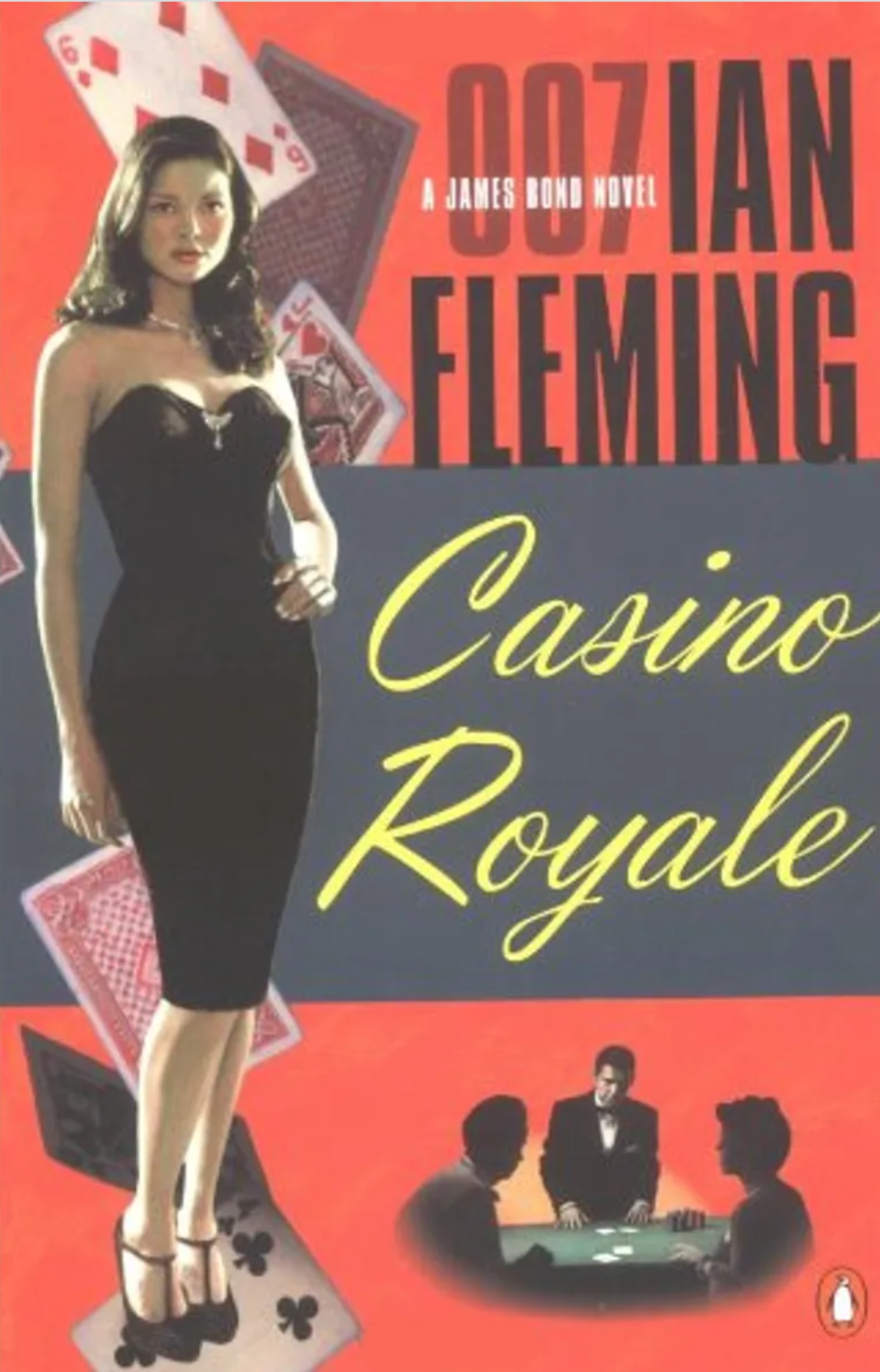Fleming’s trademark matter-of-fact style works at conveying the grit and determination with which Bond approaches his mission. Bond’s suave, sophisticated exterior is at odds with his brutal, cold inner life, with any semblance of humanity ground away by the rigorous training of the secret service. As Fleming described him, he’s a ‘blunt instrument’, with his main redeeming feature being that he’s fighting for ‘the good guys’ (read: Britain).
The book itself is definitely a gripping read. The opening chapter throws you right in the heat of the action, with Bond mid-game with Le Chiffre and unsure if he’s going to win. From there, we flash back to him receiving his mission and quickly catch up with what’s going on, returning afresh to the point where we began. The plotting is lean and mean, with barely a hint of flab, moving like clockwork towards its inevitable conclusion. If you’re looking for a tight, fast-moving thriller, there’s few that can match it.
However. Bond is a very shallow character, and much more unpleasant than his film counterpart. The misogyny in the films is tame compared to how Bond in the book views women. He goes on multiple sexist rants that are almost laughably extreme, and his feelings about Vesper are solely either irritation (because she’s a woman) or lust. Vesper isn’t much better written, and you almost get the feeling that Fleming wanted to create a character that would justify Bond’s sexism. There is much else about the book that’s very dated, and soured what could have been a quick, exciting read.
Overall, Fleming’s novel is a good spy thriller, hampered by shallow characterisation and outdated attitudes. Is it better than the film? The answer has to be a resounding no. The 2006 version elevates the material, deepening the characters of both Bond and Vesper, and calling his views of women into question. It’s a lesson in adaptation, taking the best elements of the book and fixing its numerous problems.
The question that follows from that is: is the book worth reading? I would say so, as a curiosity if nothing else. It’s a unique window into the world of international espionage, written by a man who had first-had experience of it. Despite its flaws, it’s easy to see why the series still has appeal today.
Review by Charlie Alcock

 RSS Feed
RSS Feed
